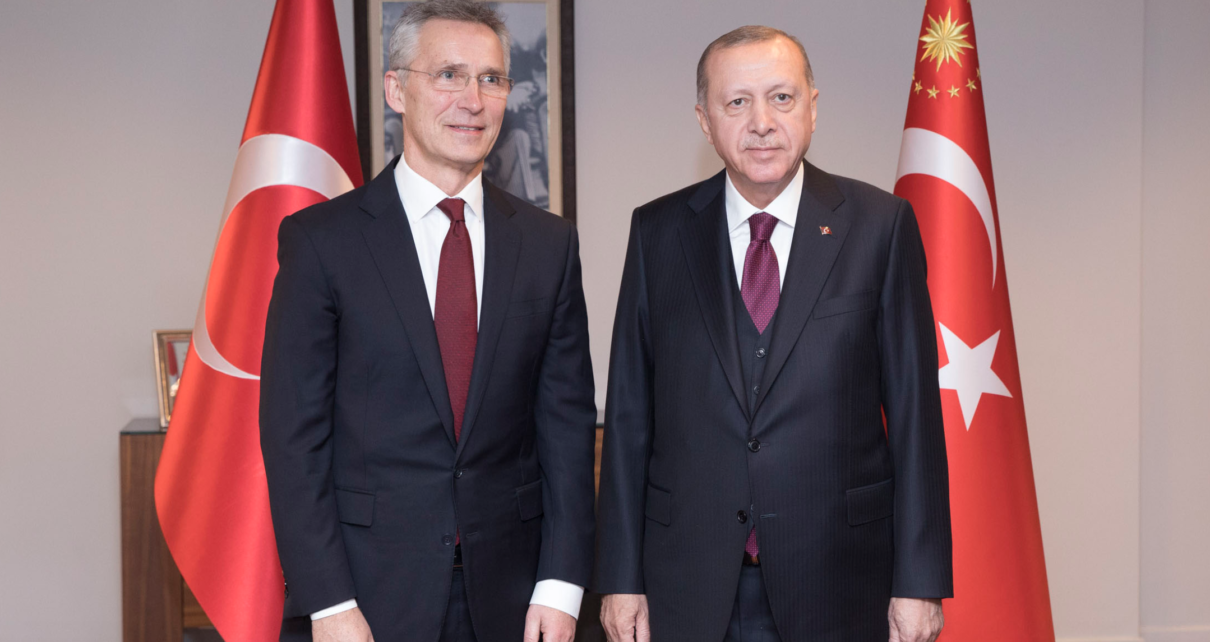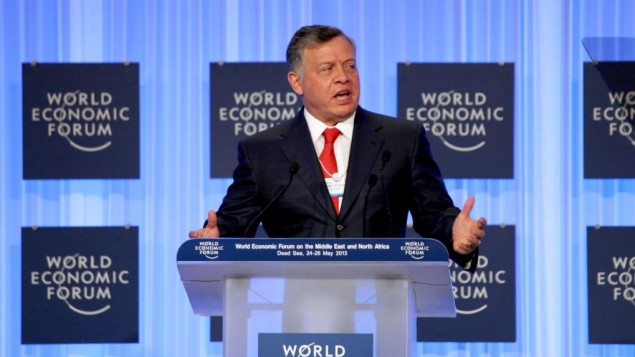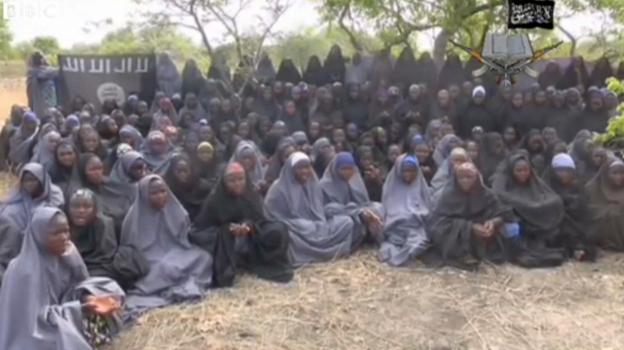Over the past year, Turkey’s relationship with many of its NATO allies has soured. In a recent Pew Research survey, only 21% of Turkish respondents held a positive view of the alliance, the lowest rating across the surveyed members. Roughly half of the respondents expressed a negative opinion of NATO. Most of the grievances are rooted in Turkey’s aggressive foreign policy. Turkey has been very assertive and confrontational in pursuing its self-identified national interests, currently engaging in various proxy conflicts and diplomatic quarrels across Syria, Libya, and the Eastern Mediterranean.
Turkey has been acting more boldly in its foreign policy as President Erdogan is consolidating more power to himself, adopting an increasingly authoritarian style. In a recent survey by Istanbul’s Kadir Has University, 69% of respondents consider President Erdogan as “the person with the last word in foreign policy.” With most critical decisions left to Erdogan and his exclusive circle, Turkey’s relationship with its NATO allies appears uncertain.
A significant point of friction for NATO was Ankara’s decision to purchase the S-400 missile defense system. These Russian-made missiles are incompatible with NATO equipment. Given Turkey’s importance to the alliance’s defense infrastructure, the decision to purchase the missile system creates logistical issues that impact its role in NATO missions. President Erdogan’s decision not only hindered the multi-trillion-dollar F-35 program but created tensions with his allies as Turkey was purchasing materiel from a NATO adversary.
One reason for Turkey’s polarized foreign policy relates to emerging domestic factors. Turkey is currently embroiled in an economic crisis as it struggles with external debt, high inflation, and high unemployment. Turkey’s GDP per capita has consistently declined by around 38% since 2013. These factors, paired with the Lira hitting record lows, have given rise to protests. The impact of new US sanctions and the COVID-19 pandemic have exacerbated public discontent. In the 2021 World Happiness Report, Turkey’s rank fell to 104 out of 150 countries. As such, the government relies on its regional affairs to galvanize support and turn its population’s attention away from the economic situation. Turks are increasingly taking a stance on geopolitical issues and border disputes with countries like Greece and Cyprus. In a recent Pew Research survey on NATO, 58% of Turkish respondents expressed belief that parts of other allied states belonged to their country. The growing irridentism between Turkey and Greece over drilling rights in the Eastern Mediterranean could be a viable threat to NATO’s structure as both countries are important members for the alliance.
Despite their fractured ties, Turkey is still vital to NATO. The country boasts the second-largest armed forces in the alliance and its strategic position allows it to counter Russia’s regional influence. During the recent diplomatic fallout between Turkey and some of its NATO allies, Ankara did not move closer to Russia. Turkey has played a critical role in curtailing Russia’s support of the Assad regime and its consolidation of influence over northern Syria. In the Libyan Civil War, Turkey’s intervention prevented Russian-backed proxies led by General Khalifa Haftar from conquering Tripoli. And in the recent Nagorno-Karabakh conflict, Turkey countered Russia’s support to its long-time military ally, Armenia. These initiatives demonstrate that Turkey has not been afraid to counter the Kremlin’s influence in the region. Rather than discarding its relationship with the West in favor of closer ties to Russia, Turkey has remained committed to its shared strategic interests with the alliance, albeit independently. Ankara’s balanced relationship with Russia and the West allows it to remain in the good graces of the NATO alliance.
Among other NATO members, the US has ensured its commitment to redeveloping a cooperative relationship with Turkey. With the upcoming NATO summit to look forward to, Turkey is seemingly welcoming warmer ties as well. President Erdogan is set to meet with the Greek Prime Minister at the summit to normalize their countries’ relations. Similarly, the Turkish Foreign Minister has pledged support for NATO’s 2030 resolutions. Turkey is also renewing its role in strengthening NATO’s defense infrastructure as it prepares to make the first sale of Turkish-made UAVs to Poland.
While Turkey is slowly making strides with the organization, there is a more tangible initiative that Ankara can capitalize on to fortify its role in NATO. Heightened tensions in the Russo-Ukrainian war and efforts to curtail Russian expansionism in eastern Ukraine have made the Black Sea a pressing matter for the alliance and one in which Turkey has the opportunity to play a major role as mediator.
Turkey is already moving in this direction by promoting collaboration with Ukraine, Georgia, and Azerbaijan. President Erdogan’s administration considers these nations as vital in countering Russia’s military influence in the region. Turkish-Ukrainian cooperation has grown since Russia annexed Crimea, as Turkey has cultural ties to the Crimean Tatars. Last February, Ankara pledged $36 million in military aid to Ukraine, and the two nations vowed to boost bilateral trade to $10 billion per year. Turkey also intends to sell naval vessels to Ukraine and collaborate on ordnance development as part of a broad defense agreement. Other than its industrial support, Turkey is also planning to participate in a joint naval exercise with the Ukrainian navy later this year.
With NATO’s Framework Nations Concept in mind, the alliance would benefit by assigning Turkey as the leading ally for Ukraine. Turkey is the best-positioned ally to carry out this responsibility due to its strategic position south of the Black Sea and its unique relationship to both Russia and NATO. Given its balanced relationship with Russia and the West, Turkey could lead such an initiative without provoking further escalation from Russia in the region. Turkey’s role could emulate other NATO operations in the Baltic and Mediterranean, with the country serving as a staging ground for future NATO collaborations with Ukraine. Being promoted to this coordinating role could sway the Turkish public’s opinion on the alliance. NATO should back these efforts to garner pro-accession support among Ukrainians and motivate Ankara’s rapprochement with its Western allies, bringing Turkish people closer to the alliance.
Photo: NATO Secretary-General Stoltenberg & Turkish President Erdogan via Flickr (NATO) Licensed under CC BY-4.0
Disclaimer: Any views or opinions expressed in articles are solely those of the authors and do not necessarily represent the views of the NATO Association of Canada.




